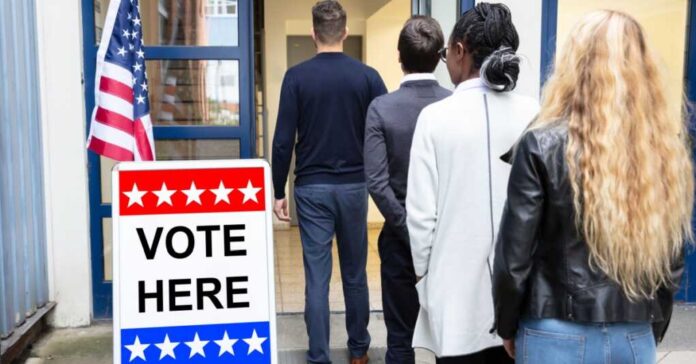
According to the political left, voter fraud isn’t really a thing. But as one Texas Democrat and district attorney found out first hand, it most certainly is real.
It happened during a recent primary in the Lone Star State. Harris County District Attorney Kim Ogg went to the polls to vote as usual. However, upon arriving and attempting to sign into the system, she was told she could not.
A ballot had already been cast in her name.
And no, she didn’t mail in a ballot or do anything like that.
Naturally, she brought up the issue to election officials on site, who quickly looked into the matter. Apparently, Ogg’s domestic partner had come in to vote earlier in the week during early voting hours. And when she did, it seems she did so under Ogg’s name instead of her own.
Now, the matter seems to have been a simple mistake. But on the part of the election clerk or the voter?
According to KTRK-TV, Ogg’s partner, like all voters, would have been required to show her state-issued ID upon entering the polling station. Then, on an iPad, she would have had to verify certain information, such as her address, which is the same as Ogg’s. The voter’s name also shows on this screen.
It is the assumption of Harris County Clerk Teneshia Hudspeth that when Ogg’s partner was shown the screen, she just focused on the address, not noticing that the same above was different than her own. Hudspeth says she was led to believe this because “DA Ogg’s partner signed her name as confirmation.”
The clerk went on to say in a statement that it was a voter error.
Ogg feels differently, noting that it is the job of the clerk to verify IDs against the rolls, and clearly, this wasn’t done.
Now, in the end, the mistake was fixed, and both women were able to cast a ballot in their own name.
However, it does prove just how easy it is for mistakes to be made, whether intentional or not, and for votes to be messed up.
Furthermore, it only makes the public’s trust in our election process less likely.















